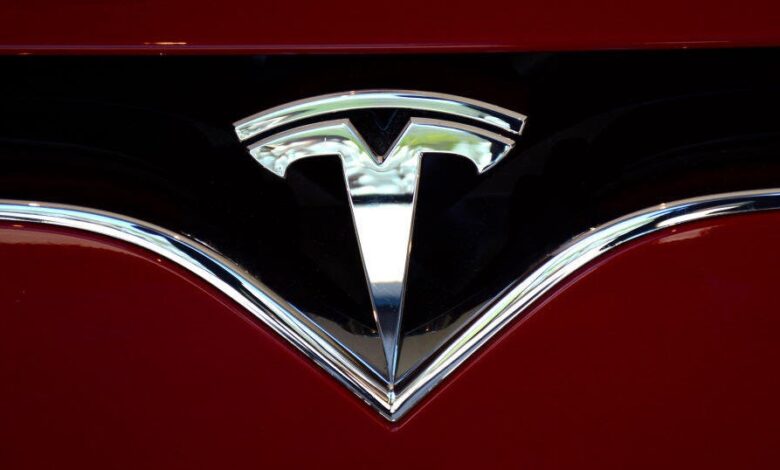Tesla’s monthly sales in Europe plunge by almost 50% amid protests and backlash against Elon Musk

Tesla, a leading electric car manufacturer, experienced a significant decline in sales across Europe last month. According to data released by the European Automobile Manufacturers’ Association (ACEA), Tesla sales in 32 European countries fell by 49% to 7,261 in April compared to 14,228 in the same month the previous year. This decline stands in stark contrast to the overall growth in the electric car market in the region, with sales of battery-electric vehicles by all manufacturers rising by approximately 28%.
The sharp drop in Tesla sales can be attributed to various factors, including backlash against CEO Elon Musk over his controversial views and political affiliations. Musk’s association with President Trump’s Department of Government Efficiency has led to protests at Tesla dealerships in both Europe and the U.S., with demonstrators expressing objections to Musk’s actions. This negative sentiment towards Musk has impacted Tesla’s brand reputation and sales figures.
Wedbush analyst Dan Ives highlighted the challenges facing Tesla and Musk in 2025, citing the negative impact of Musk’s involvement in politics and the cryptocurrency Dogecoin. Musk recently announced plans to reduce his involvement in Dogecoin to focus more on Tesla, following disappointing first-quarter earnings for the company.
Tesla’s Challenges and Competition
In addition to the backlash against Musk, Tesla is facing other obstacles such as an aging model lineup and increasing competition from rival electric vehicle brands, particularly from Chinese manufacturers. The trade tensions between the U.S. and Europe under the Trump administration have also affected consumer preferences, with Europeans showing reluctance to purchase American brands.
Chinese automaker SAIC, known for its affordable EV models, saw a significant increase in sales in April, indicating Tesla’s loss of market share to lower-priced Chinese brands. Tesla’s production disruptions due to factory upgrades for the Model Y SUV have further strained supply and contributed to the sales decline in Europe.
Despite these challenges, the European auto market showed signs of recovery in April, with a slight increase in car sales compared to the previous year. Sales of traditional gasoline and diesel-powered vehicles continued to decline, reflecting the ongoing shift towards electric vehicles in the region.





